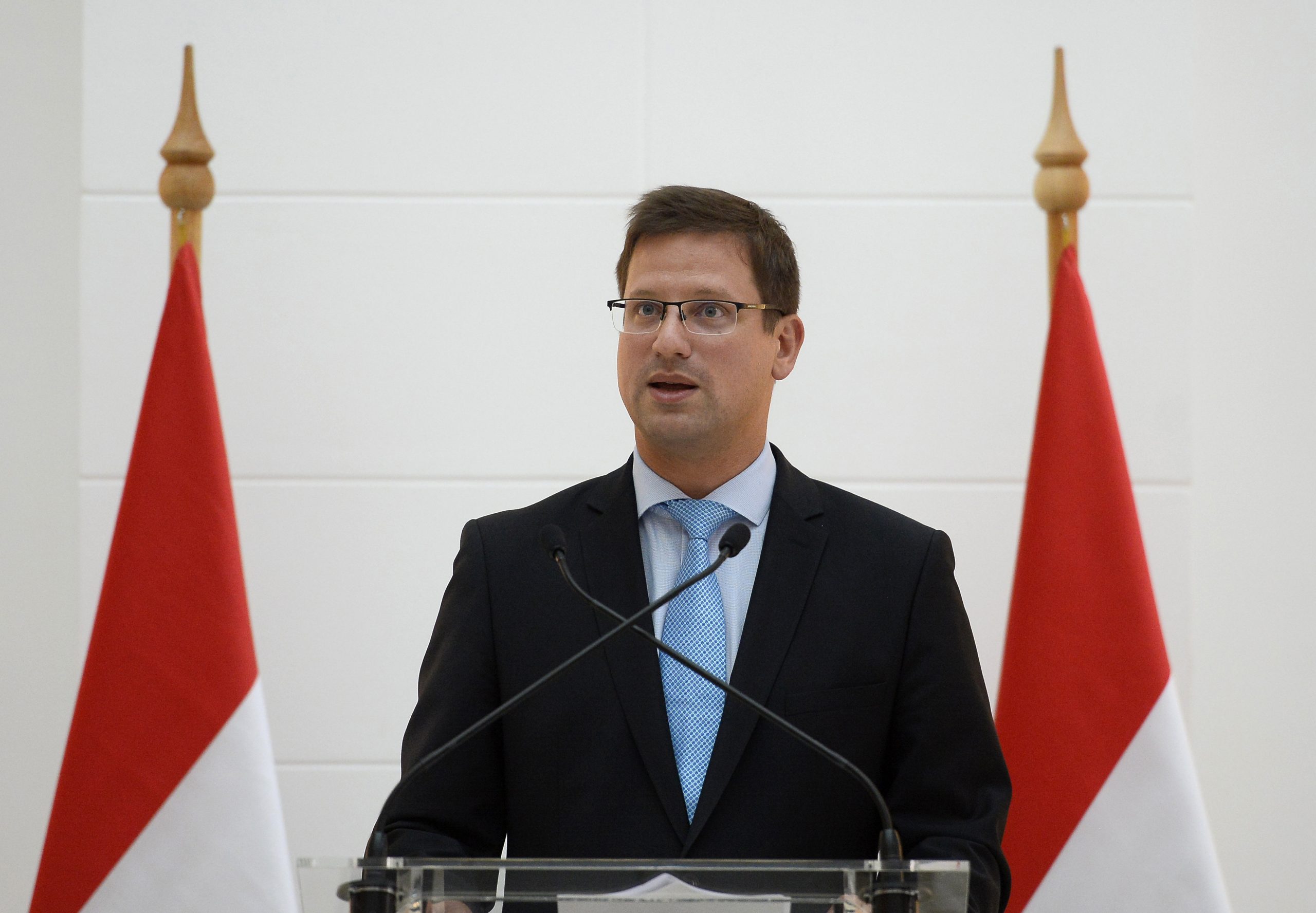
Members of Bavaria's ruling party know that "Fidesz is the centre-right force in Hungary with which it is worthwhile to cooperate," Katalin Novák said.Continue reading

Hungary-Bavaria “historic” relations rise above any day-to-day differences of opinion, Gergely Gulyás, the prime minister’s chief of staff said on Thursday in Munich, attending the 100th death anniversary of Lajos (Louis) III, the last Bavarian ruler.
Ties have lasted for a millennium, he said, noting the marriage of King St. Stephen and Gizella. Hungarian and Bavarian industries, he said, are strongly bound together. “The greater the success of Bavarian industry and economy, the more successful the Hungarian industry and the Hungarian economy,” he said.
Gulyás noted that a settlement had been reached concerning the Wittelsbach treasures contained within the walls of Sarvar Castle, hidden at the end of the second world war before being discovered and nationalised in 1952. Based on an agreement with the family, some of the treasures will be exhibited in the Ferenc Nádasdy Museum in Sarvar, he added.
“We Hungarians are very proud of this relationship … and we intend to continue working with Bavaria and the Wittelsbach family on new plans for the future,” he said.
Gulyás said in his speech that the question of what kind of Europe was needed amid the challenges of today was a matter of constant concern. Quoting Theodor Heuss, Germany’s first post-WW2 federal president, he said Europe should be created on the bedrock of Greek philosophy, Roman law, and Christianity. Hungary, he added, was committed to these values.
“While we accept that other countries make different choices, we insist on our right to represent the very values, opinions and standpoints that, a few decades ago, were expressed by those who now like to criticise us,” he said.
Melanie Huml, Minister for European and International Affairs of the Bavarian Provincial Government, also highlighted Hungary and Bavaria’s common past and the “extremely strong relationship” between Bavarians and Hungarians in various walks of life. Hungary, she noted, is one of Bavaria’s ten most important trading partners, and around 76,000 Hungarians live and work in Bavaria.
In times of disagreement, there is dialogue, the Christian Social Union (CSU) politician said.
Featured photo illustration by Tamás Kovács/MTI